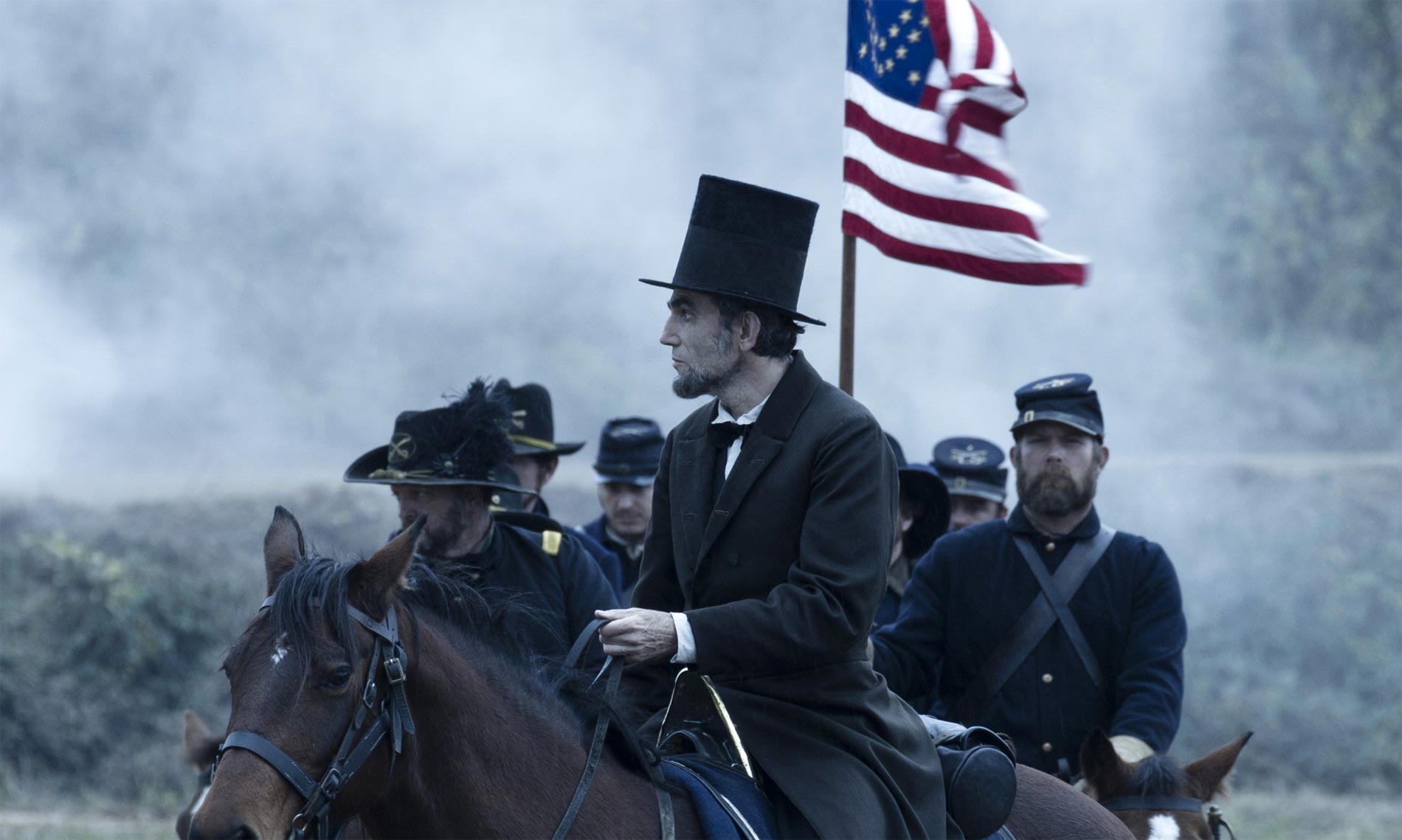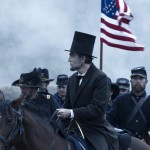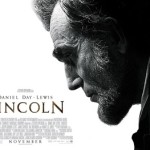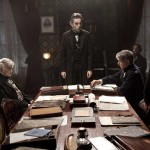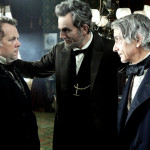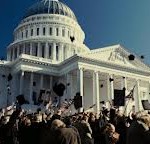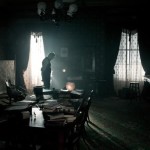Many years ago I saw Daniel Day-Lewis play Hamlet at the National. I remember at the time thinking what a brooding and intense Dane he was, though he got through his performance in one piece. Yet a few weeks later he collapsed during the ghost scene and refusing to go back on stage. As Wikipedia quotes the story:
Day-Lewis returned to the stage in 1989 to work with Richard Eyre, in Hamlet at the National Theatre, London, but collapsed in the middle of a scene where the ghost of Hamlet’s father first appears to his son. He began sobbing uncontrollably and refused to go back on stage; he was replaced by Jeremy Northam who finished the performance word- and action-perfect and received a standing ovation. Ian Charleson then formally replaced Day-Lewis for the rest of the run, except that ill-health forced Northam to stand in again many times. Although the incident was officially attributed to exhaustion, one rumour following the incident was that Day-Lewis had seen the ghost of his own father. He confirmed on the British celebrity chat show Parkinson that this was true. He has not appeared on stage since.
As it happens, Day-Lewis has been gainfully employed elsewhere in the meantime, having now become one of only three actors to win three Best Actor in a Leading Role Oscars. Some would say he did not deserve three, and one friend believes he routinely over-acts. Well I’m pleased to say that in the movie for which Daniel completed his Oscar hat-trick, Lincoln, his acting in the title role is painstakingly crafted, slow, steady, and every bit as brooding and intense as his Hamlet.
Indeed, Spielberg’s Lincoln is packed with gloriously intense performances, looks ravishing in a gloomy 19th Century Swedish Bergmanesque style, captures the atmosphere of the House of Representatives probably better than any movie has ever done. The scenes from the American Civil War are as brutal and nasty as the war undoubtedly was.
Yet for all the many plaudits coming its way, Lincoln contrives to be less than the sum of its parts. How could this possibly happen? I blame multi-Oscar winner Spielberg. It’s not that he has chosen a “worthy” subject, since he has done so on many previous occasions and turned them to gold. Spielberg turned Schindler’s Ark the book into Schindler’s List the movie, and made it, if anything, more thrilling in the process.
Here, he turns what should be a riveting battle to get slavery abolished in the era of one of the presidential greats into a turgid political drama packed with pontificating Americans of varying persuasion, and extends it over 150 very plodding minutes in which there are a great many talking heads in dingy rooms, but comparatively little by the way of dramatic action.
To be fair, the scenes where the vote is finally being counted raise the tension levels and the interest of the audience (with thanks to the excellent Tommy Lee Jones); had the movie not then extended some while until Lincoln’s untimely death (which we do not actually see but about which we hear while observing his youngest son at a different theatre) then it would have been somewhat less tedious, but what should have been a movie about slavery is much more about political machinations and manoeuvring, with the occasional black face looking in to demonstrate the point.
In the process it gives Lincoln the man many an opportunity to sit quietly while others rant and him, then eventually to reply at no mean length, always prefaced by an enigmatic anecdote or parable, to the extent that at one point one opponent (can’t remember which, they all sounded alike after a while) to say something to the effect of “I can’t bear to listen to one more of your stories.” How perfectly apposite is that remark.
That Day-Lewis does a brilliant job in re-enacting every aspect of Lincoln’s character, demeanour, speech, posture and charisma is beyond doubt. He demonstrates the shrewdness of Lincoln’s political antennae, the sharp legal brain sometimes beneath the homespun philosophy, and the endless and unspoken thought and agonising behind each utterance, but in this context you want more. We are expected to believe in Lincoln’s greatness, though his motivations are largely obscured.
The irony Spielberg points to without barely a glance in the direction of subtlety is that at the time, the Republican party were the radicals, while the Democrats steadfastly opposed emancipation of slaves, where today you would not be remotely surprised if the Tea Party wing of the Republicans voted to reintroduce slavery to have their lawns manicured and their dinners cooked. Blacks were freed temporarily as a war measure to allow them to be cannon fodder in the Civil War, so it is no surprise that the movie opens with Lincoln talking to two black soldiers on a battlefield somewhere in Virginia.
Lincoln’s ambition to pass the 13th Amendment to the US Constitution, long dreamed and already past the Senate, is thwarted only by the need for a two-thirds majority in the House of Representatives, packed with die-hard opponents. Against this, he has to balance the desire for peace, since potential supporters of the amendment might turn against it if peace is declared, hence Lincoln has to take the tough decision to extend the war and endure the misery of many more deaths in order that he can get the abolition of slavery through the House. So he employs henchmen to try to win over wavering Democrats, and to dissuade his eldest son from enlisting (unsuccessfully.)
And that, in a nutshell, is the plot. The rest is to hang on to the words of wisdom dripping from the presidential lips. There are many long and slow-moving movies which are unmissable, but this is not one of them. This for many Americans will be unmissable because it is about President Abraham Lincoln, and for Brits because it is one of our sons playing President Abraham Lincoln, but as a movie it could have been so much more. As directed, a good proportion of the brilliance contained within goes wasted, which I consider a great shame.

